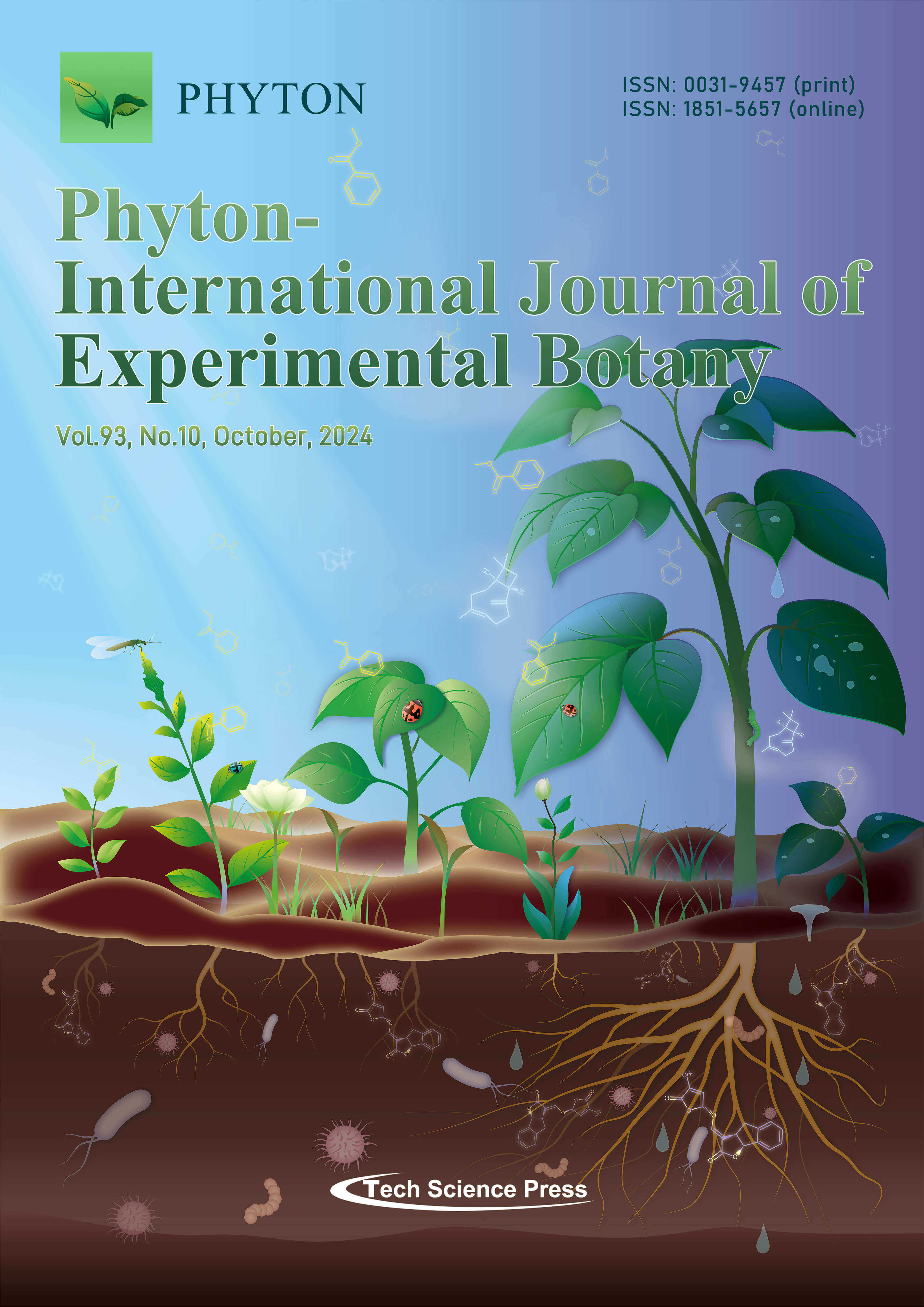
Green plants emerge from the soil, their roots intertwine, and microbial communities hide in them, weaving together the symphony of life. This is not only a depiction of natural scenery, but also a metaphor for the profound connotation of the interaction between plants and microbial communities. Plants are far from isolated entities; they thrive within an interconnected web of microbial life, forming a cohesive and adaptive unit known as the holographic.
The concept of holographic biology is reflected here. Plants and microorganisms are no longer isolated organisms. They form an inseparable whole together and have a continuous dialogue with the environment. Microbial communities in the soil, such as bacteria and fungi, are not only partners in plant growth but also a solid backing for them to cope with environmental challenges. The interaction between plants and microbial communities is the key to revealing the stability and resilience of ecosystems.
View this paper